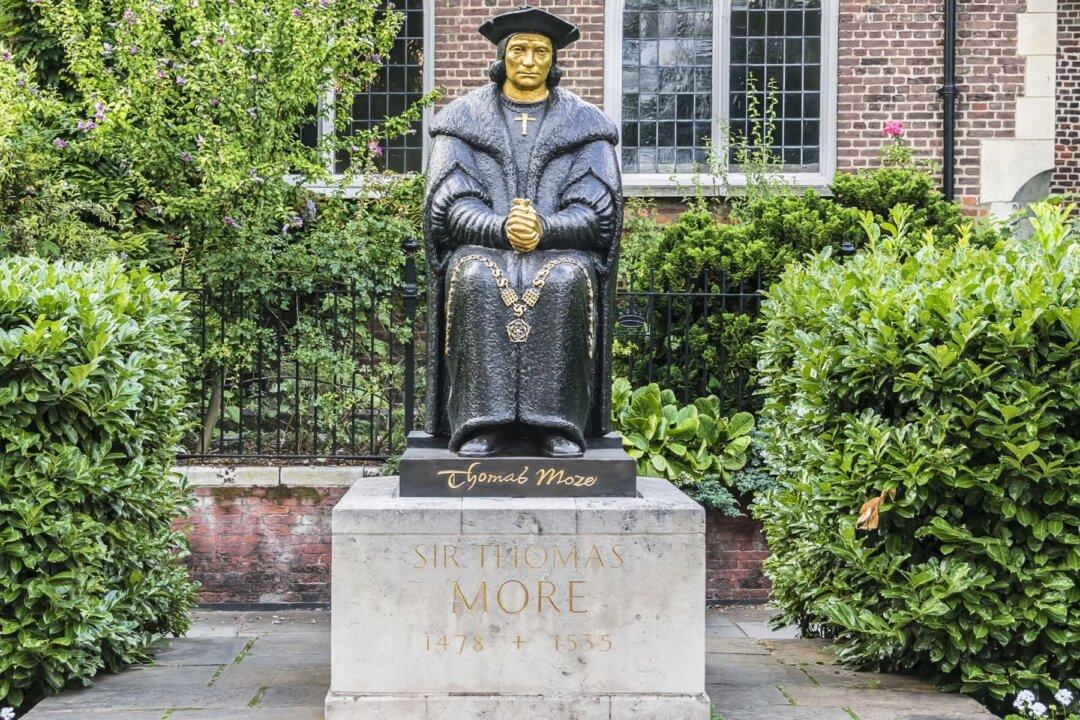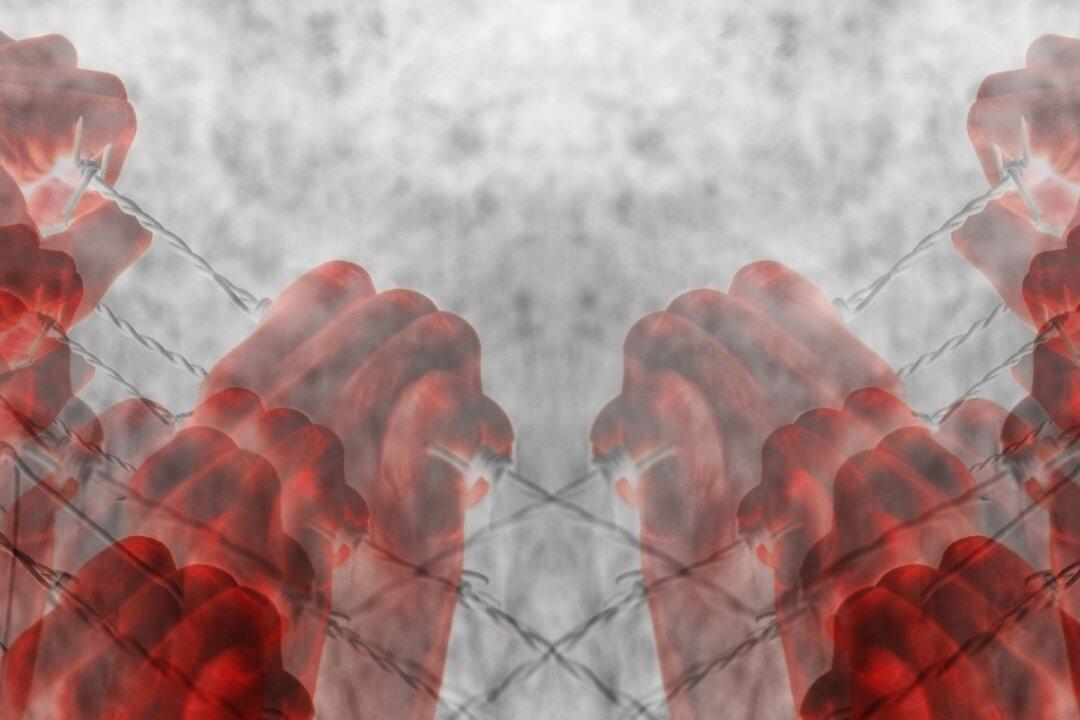Commentary
Most accounts of the history of free speech political doctrines—after a nod to the Magna Carta (which lays some groundwork but does not specifically mention free speech)—begin with poet and scholar John Milton’s famous, “Areopagitica: A Speech for the Liberty of Unlicensed Printing to the Parliament of England,” given in 1644. I will have more to say on that landmark “speech on behalf of free speech” in a later post.





